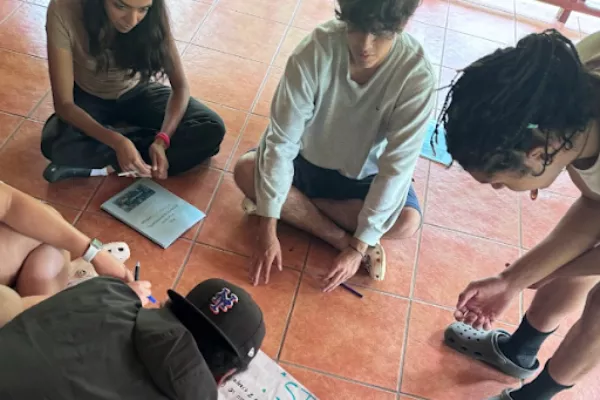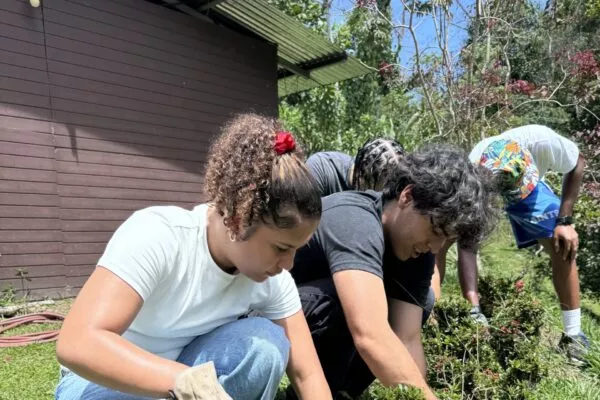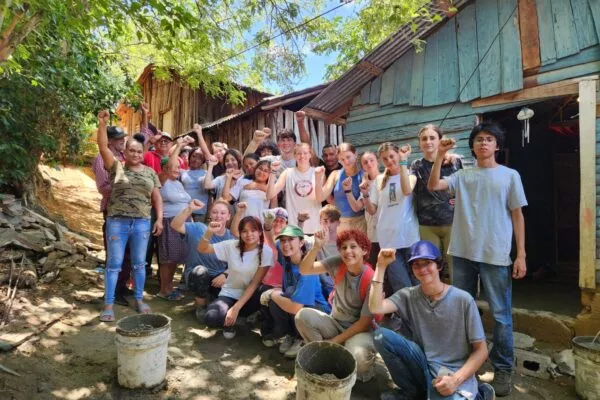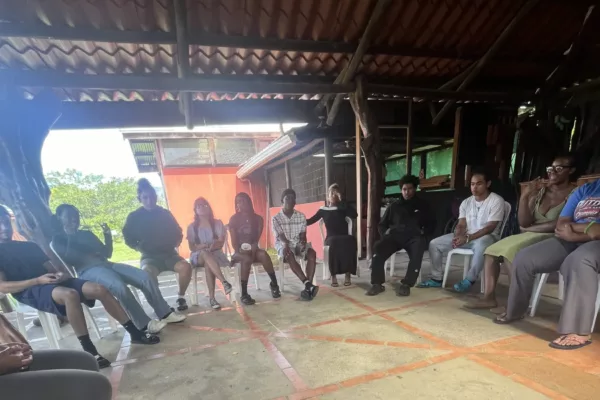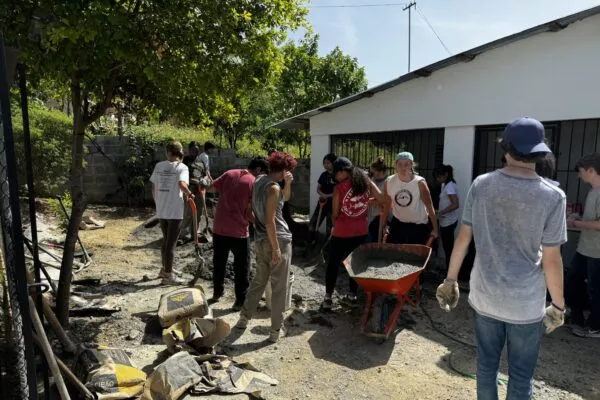Student Trip
Student Trip Blog Instructions
instructions for Global Glimpse trip leaders and students to use when writing blog posts. Steps: 1. After you log in, create your new blog…
News & Stories
Each evening, the Student Leaders of the Day write a daily trip blog, sharing everything from funny moments and inside jokes to detailed recaps and deep reflections on their experiences. Family and friends back home leave supportive comments as they follow along. Explore some of our Alumni Interns’ favorite blogs from 2024 or search all student trip blogs below.

